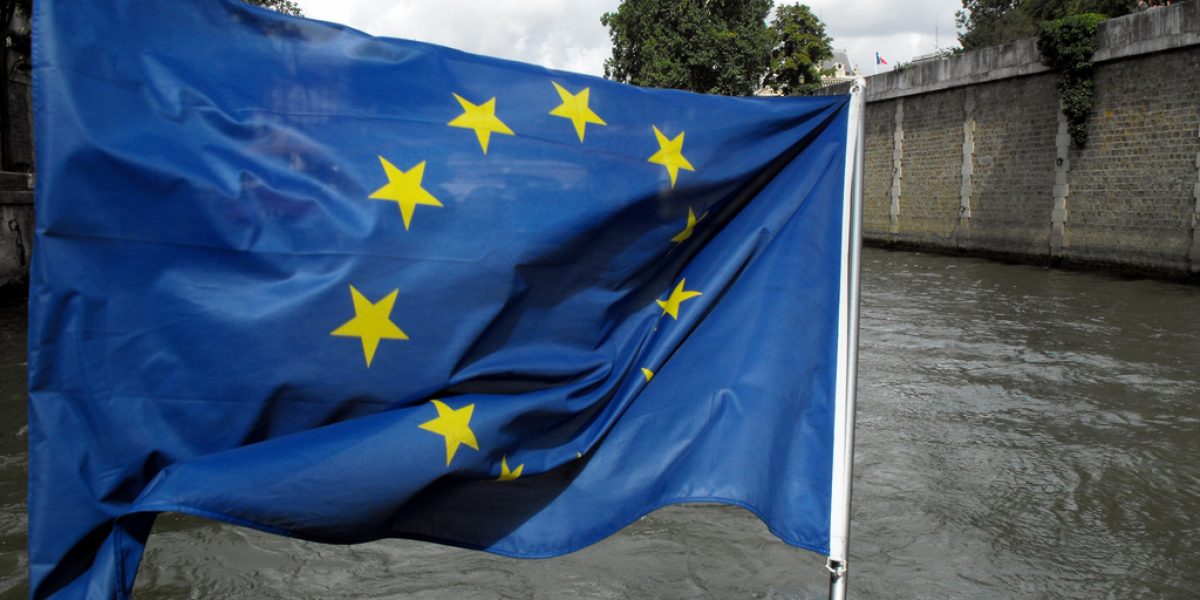If the deficiencies highlighted are addressed, this will hold greater promise for African accession to the global economy. A similar process is under way for two “transitional” economies scheduled to join the European Union (EU) in January 2007 — Bulgaria and Romania. Like many African countries, they face considerable challenges of corruption, judicial independence and transparency in privatisation processes.
The EU accession procedures may provide valuable lessons for African states undergoing peer review. Prospective EU members must satisfy the 1993 Copenhagen criteria: stable institutions guaranteeing democracy and protecting human rights; a competitive market economy; and the ability to take on political, economic and monetary union obligations.
These conditions were designed to minimise the risk of new entrants becoming politically unstable and economically burdensome to existing members. The EU assists entrants financially and technically in meeting the Copenhagen criteria, and regularly assesses progress.
Romania is set to become an EU member provided it makes considerable progress on judicial issues related to border and drug controls, fighting organised crime and corruption, money-laundering, human trafficking and EU visa policy implementation.
The European Commission welcomed the launch of Romania’s public administration reform strategy in May this year , covering civil service reform, decentralisation and policy co-ordination, but noted continued cumbersome procedures, inadequate transparency and capacity problems in the civil service; weak local and regional government structures. It has in the past expressed concern about human rights and the treatment of minorities.
Judicial reform has also been stressed in annual commission reports on Bulgaria. In 2003, EU pressure led to parliament passing constitutional amendments that reduced judicial and prosecution officials’ security of tenure and immunity from prosecution. Corruption remains a problem in the bureaucracy, and the privatisation process has been widely considered politically manipulated.
The two former communist states have lagged behind on economic requirements such as improved employment and living standards, poverty rates, and competition.
But attempting to meet the criteria has been a catalyst for dramatic political and socioeconomic changes in post-Cold War eastern Europe.
There are fundamental differences between the EU and the African peer review mechanism. The EU enforces standards before new entrants accede to the union, while the African peer review is a voluntary, nonpunitive process giving African Union states the opportunity to undergo an African self-monitoring mechanism, designed to encourage the adoption of policies and standards that lead to political stability, high economic growth, sustainable development, and economic integration.
But unlike Europe, Africa has no core group of states that can set the example, and develop a concrete system of rules.
Peer review is based on a suggestive, but not prescriptive, questionnaire. Governments can thus use the questionnaire to hide behind, as it does not ask some crucial questions.
Africa could use the good experiences of EU states as a model for a progressive form of integration in Africa.








